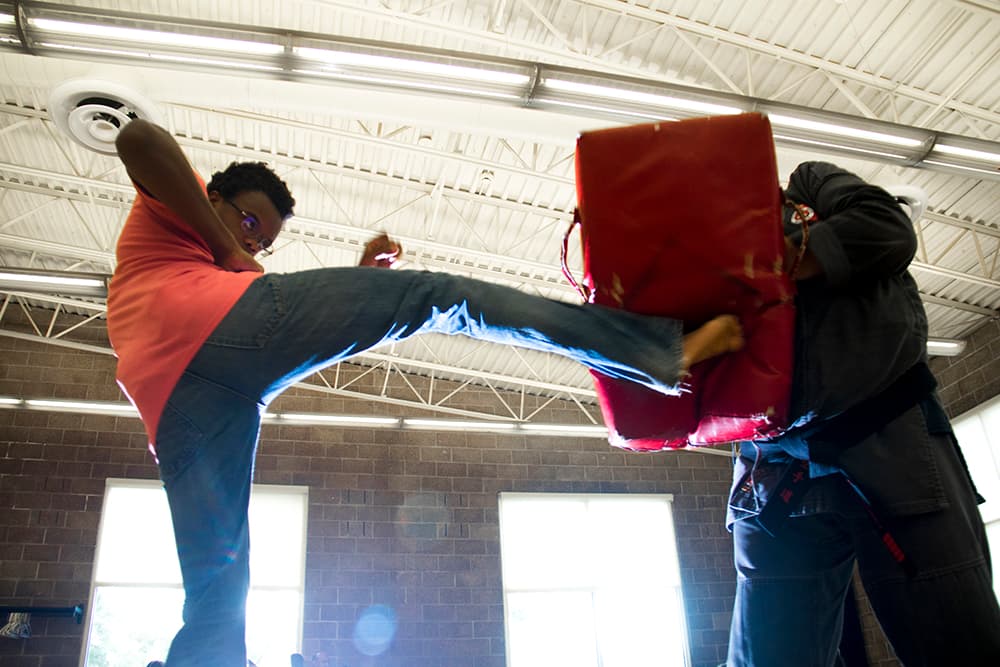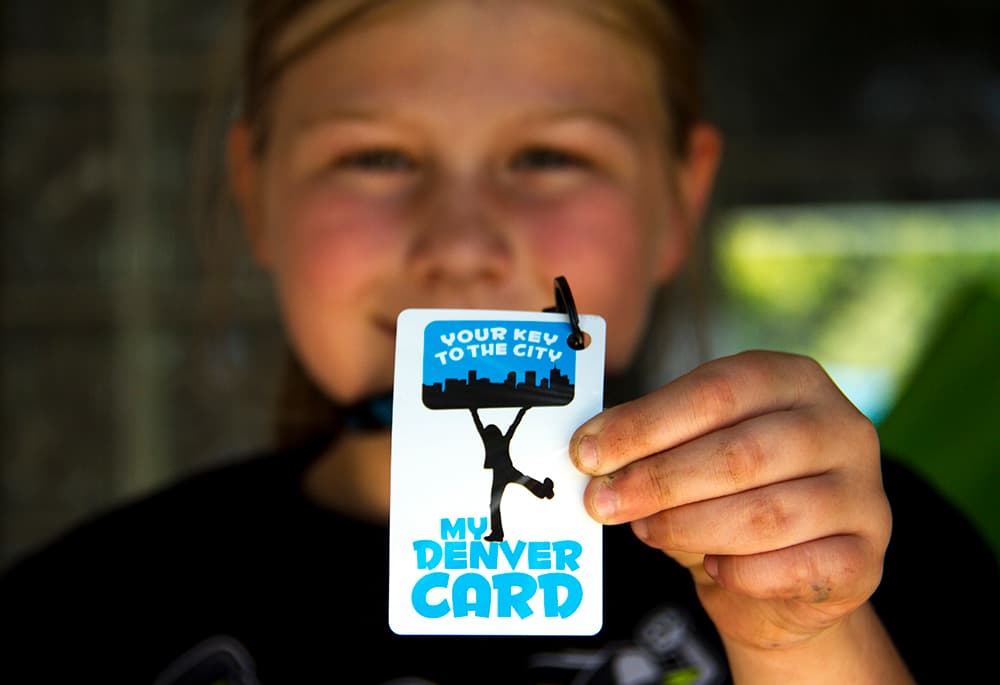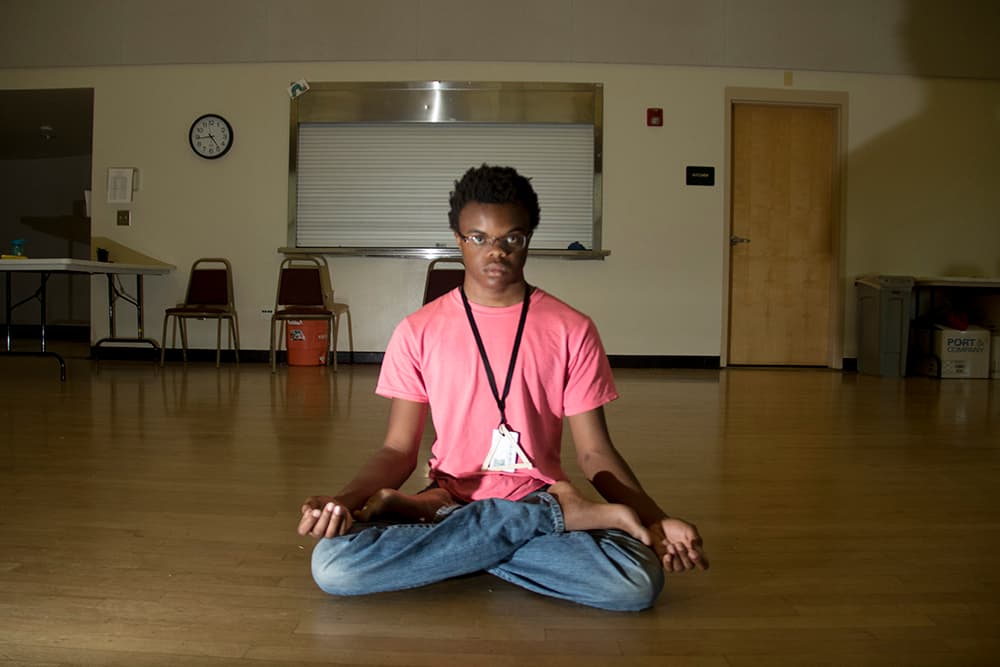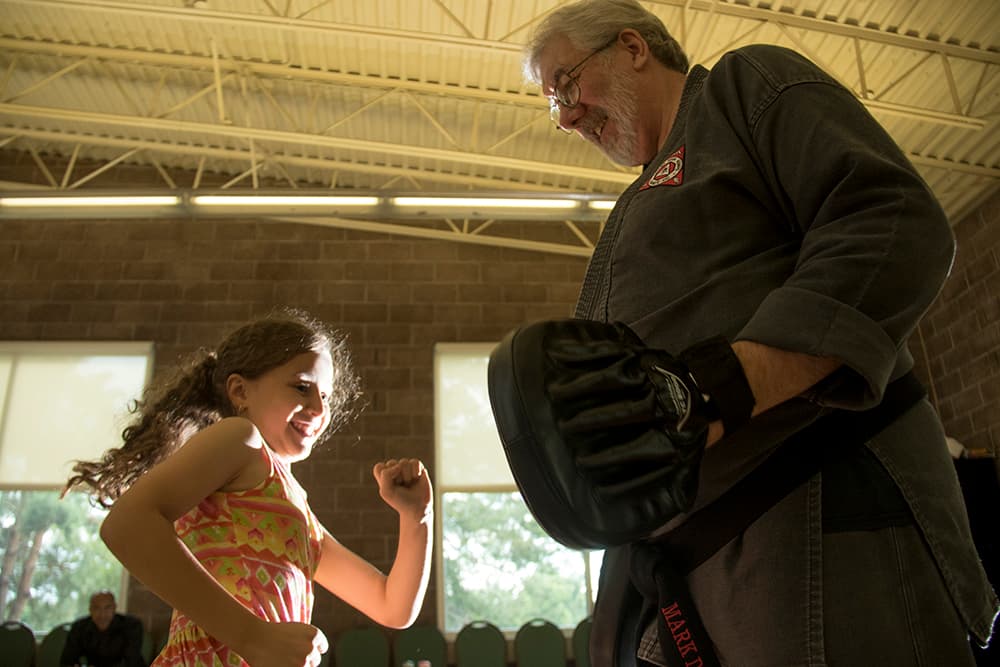
The Denver metro area features hundreds of organizations religious and secular offering summer camps for kids, but parents know: It's expensive, and it's a scramble. Good programs fill up early in the spring, tuition balances get carried on credit cards, kids get schlepped across town. Parents who make less money might lean harder on family and neighbors. And as kids enter middle school, there are fewer options.
For my family and for many others, summer isn't the open-ended free time I remember from my own childhood. It's not just that I work full-time -- that was true of my mother as well. It's also that our norms around what it's okay for kids to do on their own and at what age have shifted. I imagine applying my home-alone summers to my own children, and pretty soon my mind conjures a social worker asking a lot of questions.
And it's not just fear of state intervention that sends us hunting for something, anything for our kids to do in the summer. We want more for them.
"There is the logistical part of summer break and what you do when your kids don't have school," said Bridget Kaminetsky, lead organizer for 9 to 5 Colorado, an organization that advocates for working women and their families. "Many parents are piecemealing it. A lot of kids end up staying in unsafe situations because they can't afford child care, or they stay in situations that may not be unsafe but they are not enriching.
"A lot of parents aren't necessarily thinking, 'Oh, I'll get caught.' They're thinking, 'Oh, my kid isn't getting the experience that he or she deserves.' They're bored. They stay with a grandparent all day, and you get home and they're wound up and they're wild. This is across economic lines. People want their kids to be engaged and learning and eating good food and getting physical activity."
MY Denver Card is filling some of that gap by offering four hours a day of free programming in rec centers around the city. Rec centers have provided a place for kids to just hang out for a long time before MY Denver Card -- that's not new -- but three years ago, the city started hiring staff members whose specific job it was to design and implement programming for children.
And last year, MY Denver Card started including programming aimed specifically at teens, like airbrushing and cooking classes. Even younger teenagers will start to avoid activities they perceive as being for "little kids," so rec center staff wanted to make sure they were still drawing in this demographic.
"Sometimes people wonder, 'Can this really be quality if it's free?'" said Nick Chesak, MY Denver Card program administrator for recreation. "We are lucky to have really great instructors. People come to us because either they can't afford other options or they really like what we do."
You might know the MY Denver Card best as your kid's ticket for free admission to city pools.
Or maybe you've used it as a library card or to get free admission to a Denver museum.
If you don't know MY Denver Card, allow me to introduce you. If your child attends Denver Public Schools, there's a good chance they're already registered, but the cards won't go out in the mail. You have to visit a rec center -- and get a picture snapped -- to get the actual card. If you live in Denver but your child isn't enrolled in DPS, you can apply online or visit a rec center.
MY Denver Card is funded through Measure 2A. In 2012, Denver voters gave the city permission to keep all the tax money it was already collecting instead of issuing refunds under Colorado's Taxpayer's Bill of Rights. Mayor Michael Hancock cited the program as one of his proudest achievements when he ran for re-election in 2015.

Through the MY Denver Card program, the city offers four hours a day of programming for kids from kindergarten through high school in 20 rec centers around the city. Kids can stop in any time, but structured programming generally runs from 10 a.m. to 2 p.m. or noon to 4 p.m., depending on when the center sees the most need.
The programming falls into five categories:
- science, technology and education
- urban arts and culture
- sports and wellness
- community engagement
- social recreation
From the My Denver Card website, click on any rec center, and you can see the programming they offer: robot-building, dodgeball, friendship bracelets, drumming, playing cards, hiking, basketball, legos, karate and so on. It depends on the interests of the kids at that rec center and the talents and interests of the staff members running the program.
"The goal throughout is really to have a safe place for kids," Chesak said.

There are also special programs, like field trips to Rockies games and, earlier this month, MY Denver Bikes. Weeklong workshops in five Denver rec centers allowed kids to learn bike safety in an urban environment, how to plan a safe bike route and basic bike maintenance. Participants got a free bike, courtesy of DaVita.
Denver looks at neighborhood demographics and tries to target programming where it's needed most, but these programs aren't means-tested, and there's no application process.
Everything is drop-in, which provides some convenience for parents, but keep in mind: This isn't licensed child care. Rec center staff can't stop kids from coming and going.
"The onus is on the parent to know their kid," Chesak said.
MY Denver Card doesn't exist just to make summer a little more fun for kids and child care a little easier for parents.
Denver is hoping to make a dent in the challenging circumstances that limit opportunities for too many kids in the city. Over time, Denver hopes to see more children at a healthy weight, more children reading at grade level, more teenagers ready to take advantage of post-high school education and fewer teenagers "disconnected" from their families and communities.
Denver tracks the challenges and the progress in an annual Status of Denver's Children report.
"We're very data-driven," said Tracy Breckenridge, a spokeswoman for the Mayor's Office of Children's Affairs, which coordinates not only the MY Denver Card program but also a range of other programs with private partners. (You can find a navigator for after-school programs and a list of free meal sites on the Office of Children's Affairs website.)
"Our mayor and the administration are very clear that our youth are our future leaders," she continued. "We want to see them succeed. We understand they need to be healthy to be successful at school. We understand how it all connects. Even when school is out, our after-school programs make sure learning continues. Access to after-school programs is a huge priority for the mayor, because all the documentation and evidence shows that it works."













